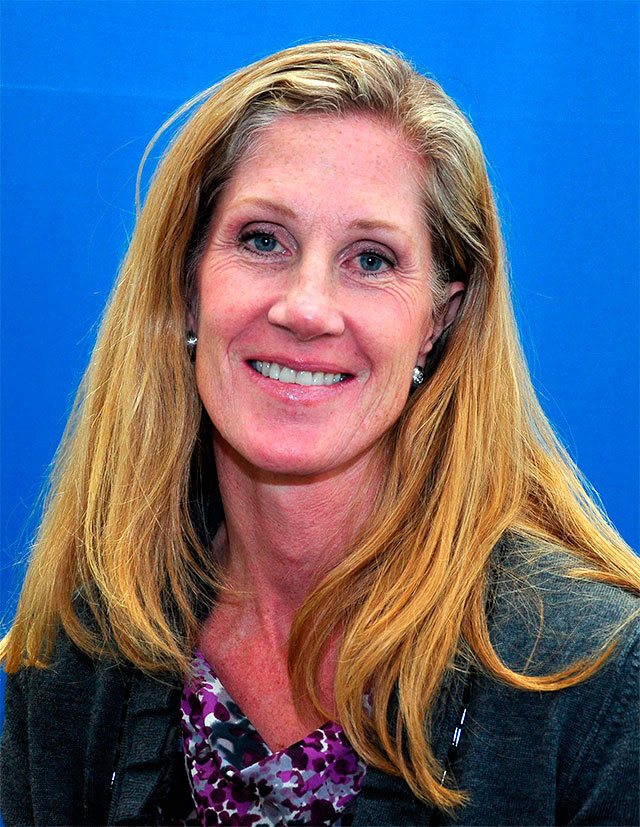We find ourselves at the end of the year, the time when many pause to review the year gone by and assess hopes and plans for the coming year. This year my attention is entirely with the council’s and the community’s need to secure a positive outcome in our negotiations regarding access to Interstate 90 and Islander mobility.
In September 2015, the council conducted a community listening tour. The public expressed the following six priorities for the council’s negotiations:
1) secure access to the new “R8A” lanes;
2) mitigate traffic impacts in and around the Town Center;
3) increase commuter parking for Mercer Island residents;
4) improve “last mile” connection to light rail and transit;
5) minimize impact of regional bus operations; and
6) require safe, convenient pedestrian and bicycle access to light rail.
These priorities have guided our negotiations with each stakeholder group. The discussions were substantially disrupted by the unexpected letter from the Federal Highway Administration (FHWA) in August, calling into question Mercer Island single occupancy vehicle (SOV) traffic access to the R8A HOV lanes.
The impact of the letter is that our negotiating stance on all points is largely influenced by whether or not we are able to secure access to the R8A HOV lanes, and if not, what would constitute mitigation.
In order for Sound Transit to “mitigate” Mercer Island’s presumed loss of mobility, Sound Transit must conduct studies that measure, assess and document the impacts not only to Mercer Island, but also to adjacent communities. These studies are complex and are critical to the final resolution.
The FHWA, Washington State Department of Transportation, Sound Transit and the council, with the help of traffic experts and legal counsel, are working through the complexities.
The objective is to define mutual success that is legally defensible and consistent with historic agreements. In the end, all parties must concur.
All council members have met, or will have the opportunity to meet with Sound Transit CEO Peter Rogoff. Last week, Councilmember David Wisenteiner and I met with him; we shared the community’s concerns with the lack of concrete outcomes.
Mr. Rogoff shared how Sound Transit would describe success in these negotiations. He characterized success as an outcome that does not hinder Sound Transit’s ability to deliver its regional objectives and aligns with the requirements of the 1976 and 2004 agreements.
We communicated the public’s frustrations and concern about constraints created by the FHWA position, as well as Islanders’ inability to access the very service his organization is trying to provide, that is, public transit.
Mr. Rogoff reiterated that the complexity associated with the negotiations should not result in assumptions of bad faith.
I share the community’s frustration. The process of working through these negotiations is grinding. While I appreciate Sound Transit’s objectives, what is of most concern to me is our community and how the building of the new line will both positively and negatively impact us.
Islanders are contributing substantially to the new East Link light rail line — in terms of real dollars and impacts during the many years of construction.
Light rail will provide many positive benefits to our community, and equally I believe it is our duty to ensure that Sound Transit upholds the historic agreements.
I ask myself daily how the process could be expedited. In my assessment, our current best option is to continue along multiple paths simultaneously, conducting the due diligence of documenting our loss of mobility and working with key stakeholders to uphold historic agreements.
The council, city staff and I will continue to advocate for the Island community’s needs, for our mobility and with an approach that has the highest probability of delivering the best outcomes.
The council and I also remain open to all other options if negotiations do not progress favorably.
Thank you for your input to date. Please continue to engage with council and staff for the best possible outcomes.
Happy New Year. All the best for 2017.
Debbie Bertlin is deputy mayor of the city of Mercer Island and the opinions expressed herein are hers alone.



